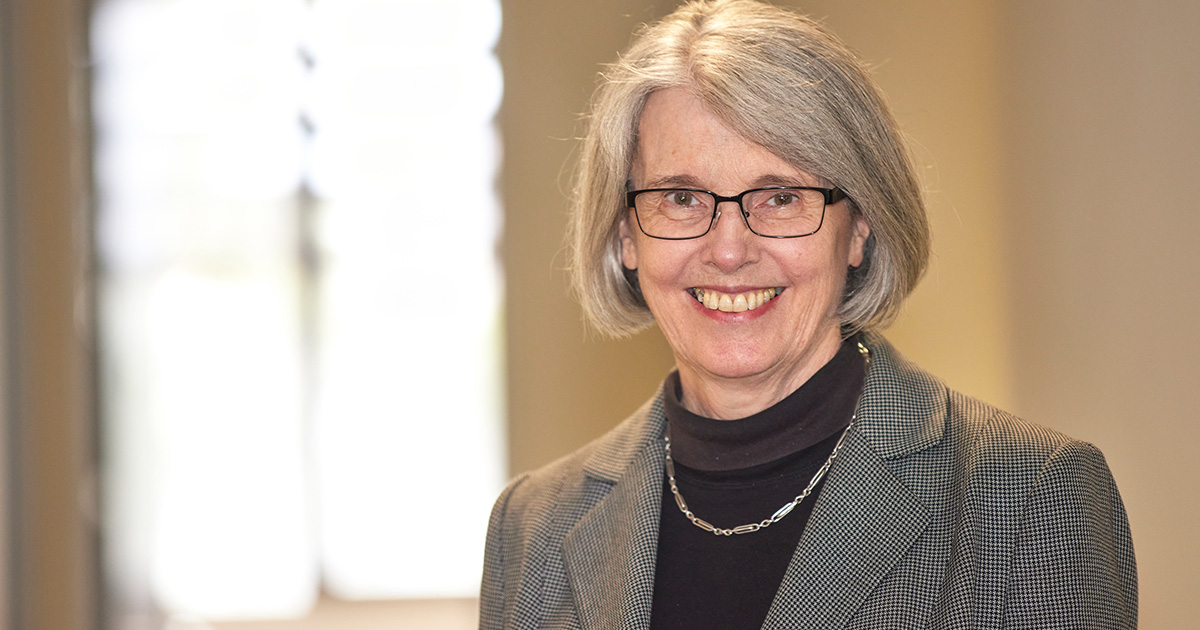The Woolcock Institute of Medical Research

Our research leader awarded NHMRC grant
The Woolcock’s Clinical Management Group research leader Professor Helen Reddel has been awarded a $2.7 million Investigator Grant from the Australian Government’s National Health and Medical Research Council (NHMRC).
Prof Reddel, who is also director of the Australian Centre for Airways disease Monitoring (ACAM) at the Woolcock, has received a Leadership Level 3 grant totalling $2,785,304 for a five-year research program which aims to reduce the global burden of death and disability due to asthma and other respiratory diseases.
The research will provide evidence for an innovative way of rapidly diagnosing patients who have respiratory symptoms such as breathlessness and cough, and it will develop a comprehensive approach for implementing a new asthma treatment strategy that both relieves patients’ symptoms and reduces the risk of severe attacks.
Prof Reddel says the research aims to improve how clinicians assess people who have respiratory symptoms and respond to patients’ treatment needs, with innovations that are easy to implement around the world.
“In the past five years, we have developed a paradigm-changing treatment for mild asthma that reduces the risk of emergency department visit or hospitalisation by two-thirds compared with the traditional ‘blue puffer’ alone.
“However, implementation has been slow, including in Australia. To generate change, we need to bust the myth that these inhalers are the main treatment for asthma.
“To reduce the global burden of respiratory conditions like asthma, we need to combine population health and precision medicine approaches. This requires both widespread implementation of a new, highly effective approach to asthma treatment, and more precise diagnosis.
“One of the programs that will be funded by this grant is the development and evaluation of novel breath biomarkers for rapid point-of-care precision diagnosis of people with respiratory symptoms.
“These diagnostic tools will be able to be used in both high- and low-income settings, bringing better respiratory healthcare to people no matter where they live.”










